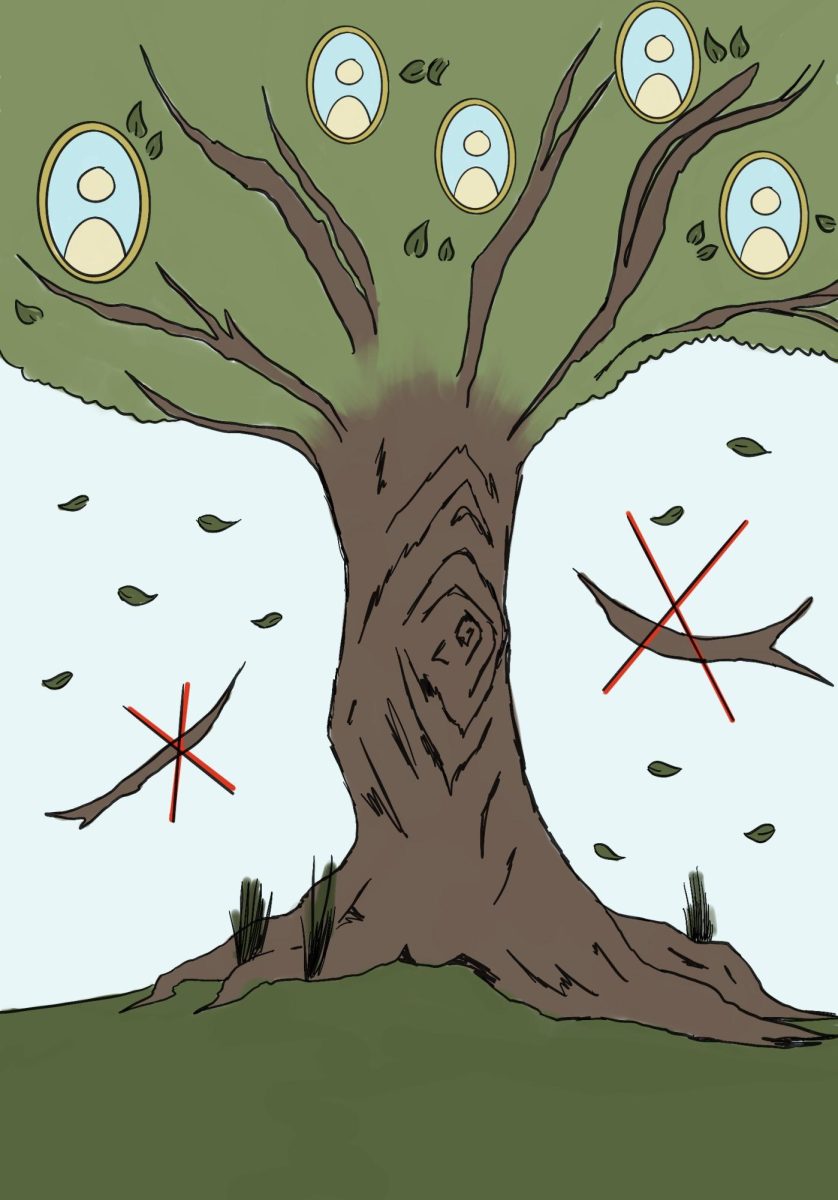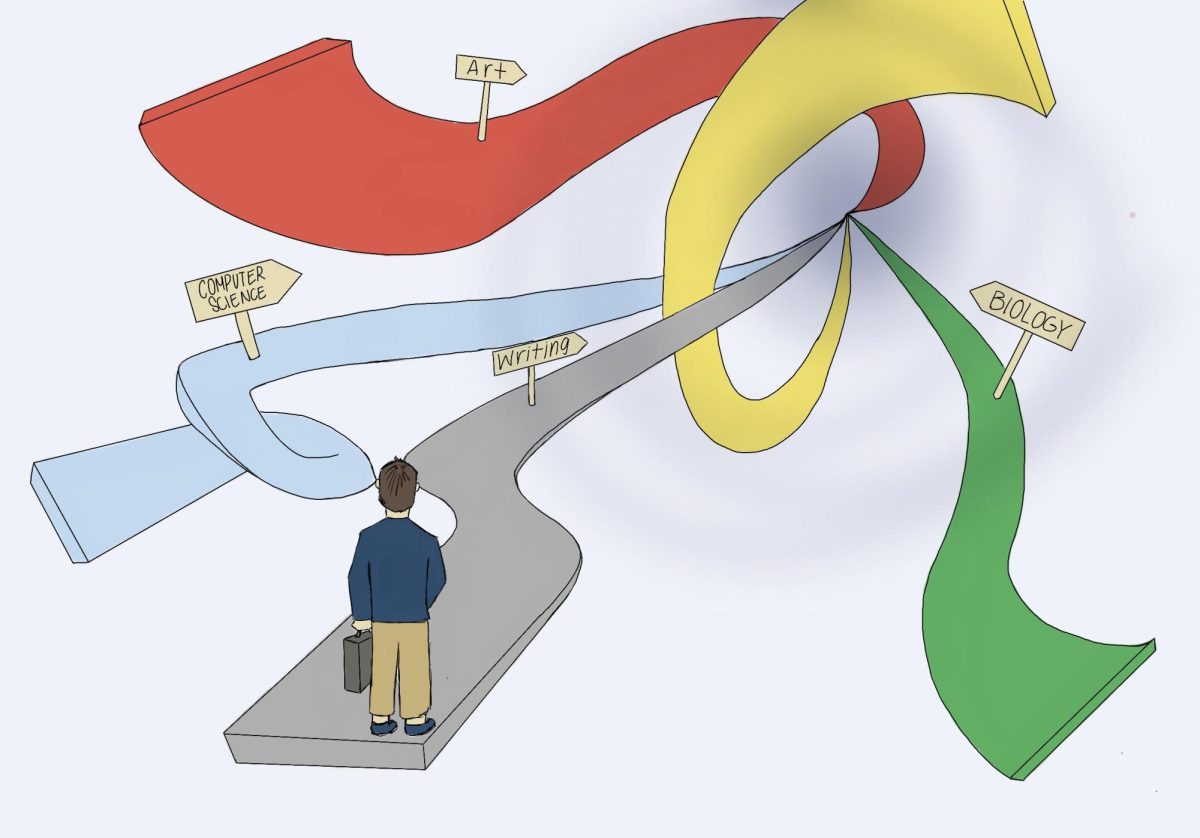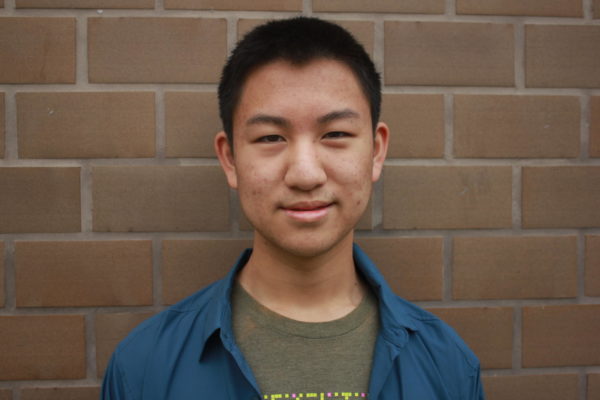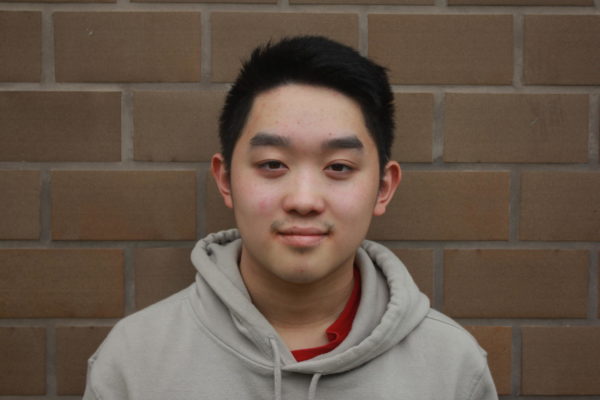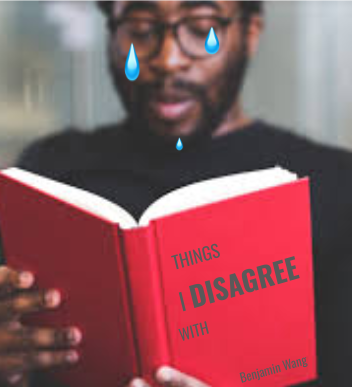
Let’s explore two instances in the academic realm where the pursuit of objectivity takes a backseat.
First is American institutions’ obsession with chasing diversity. Central to our generation is schools’ and companies’ commitment to DEI – “Diversity, Equity, and Inclusion”. But imagine if a leading figure said this: “We don’t want more ________ people here.” Fill in the blank: “disabled”, and a lawsuit is on your hands. A “marginalized” race, and riots. But what if the demographic of the best candidates doesn’t align with DEI?
Race-based quotas are considered progressive and inclusive. DEI is sugar-coated hypocrisy and selfishness implemented at the expense of generations never responsible for racism or sexism. The facts are that it is racist and backward. Its beneficiaries are increasingly distant from their ancestors’ trauma but still use it as an excuse. Its goal is to fight discrimination and division by discriminating and dividing. Its wide-scale repeal was long overdue.
Instead, consider these two truths. Truth 1: all people should be treated equally. That’s the basis of the nation. Fact 2: race- and legacy- based admissions are not equal. That is because you can’t control the race you are born into. In fact, the opposite of “race-blind” is to provide specific groups of students an unfair advantage based on race. Quite simple. But wait, that first statement doesn’t seem to be true anymore. That’s because a new E word is its replacement – “equity”.
Certainly, socioeconomic background cannot be ignored. That’s where nuance comes in. Whoever’s hiring will certainly know your background, whether relating to income, school, or neighborhood. A blanket factor based solely on race or gender is the unfair one. It is not even fair to those assisted by affirmative action – their legitimate accomplishments are diminished by a system skewed towards benefiting them.
From my own experience, while privilege affords some advantages, the adage of hard work and resourcefulness has truth. Anyone can afford paper and pen. Public education is free and is at least a decent start. The internet is incredibly accessible. The SAT blue book doesn’t even cost $20. The butthurt excuses can only get weaker as education opportunities spread.
Am I privileged? Sure. But I’m no nepo baby. My parents were first-generation Asian immigrants who came to America dirt poor and friendless.
And, consider this: affirmative action (and other similar welfare) has allegedly been in action since 1961. If it really would be able to put underprivileged people on equal footing, would two generations not be enough? Which leads to the deeper question: why is America still so bent on painting some as victims?
Another prominent example of colleges’ failure to uphold their values is the recent Claudine Gay scandal at Harvard. Her tenure as president was, at best, a disgrace to Harvard’s reputation, and showed Harvard’s true face. Gay supporters will celebrate her as the first black president of Harvard, then sob, claiming that the plagiarism accusations were part of a bigoted witch hunt, at the very possibility that they were supporting the wrong person.
The truth is that a leader should be able to maintain themselves under pressure. A leader should stand for their students. A good leader should exemplify exceptional qualities for their followers. The truth is that a leader should not be protected for the sake of their leadership. Given her recent antisemitism hearing and plagiarism exposé, Gay falls short when it comes to any of these standards.
To be clear, my position on Gay is unrelated to her race, gender, and my earlier spiel on DEI. That’s how I think it should be – she should neither be judged nor celebrated for her race. She has produced academic work, for sure, and is qualified for some job in an academic institution. She, however, is unfit to hold a position among the very highest in academia, a position that is a symbol of American progress.
Interestingly, this part of the piece was written a few weeks before Gay’s ultimate resignation.
The purpose of the article is to inspire people to reason objectively. Hard truths are hard because they expose a flaw to be fixed. They shouldn’t be pushed aside for the sake of appeasement. The fear of political incorrectness trumps all. Within my small world of observing colleges, there are plenty of spiteful people whining senselessly and pushing unfair agendas. Are we willing to sacrifice societal advancement to become more “accepting”? Do we want to silence those who don’t want to risk alienating themselves from “wokeness”? In this process, are we truly being more accepting?

